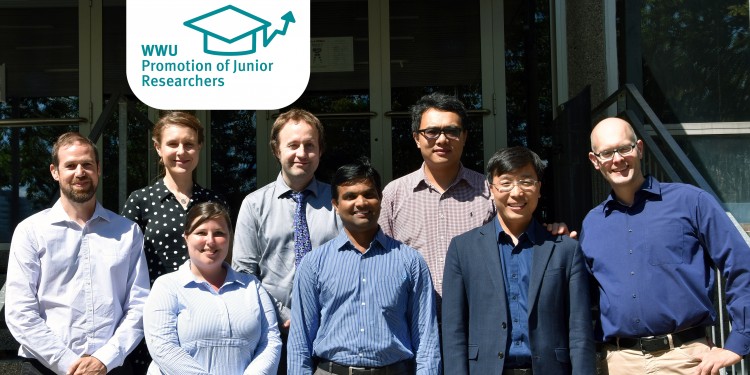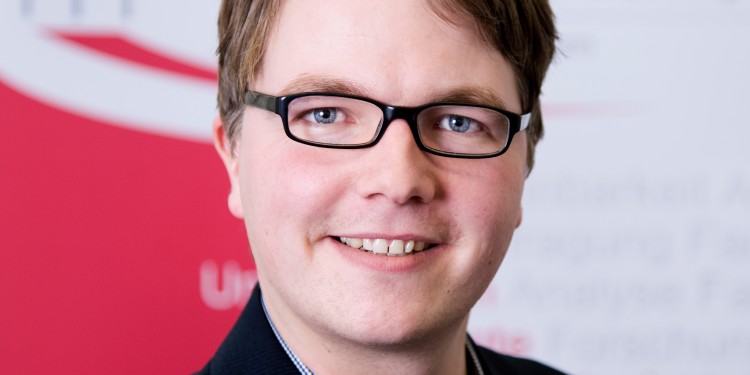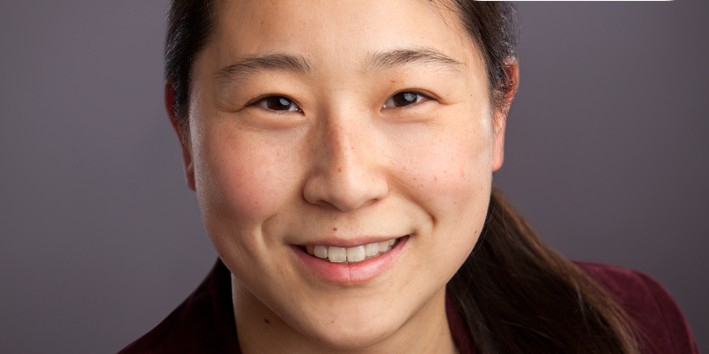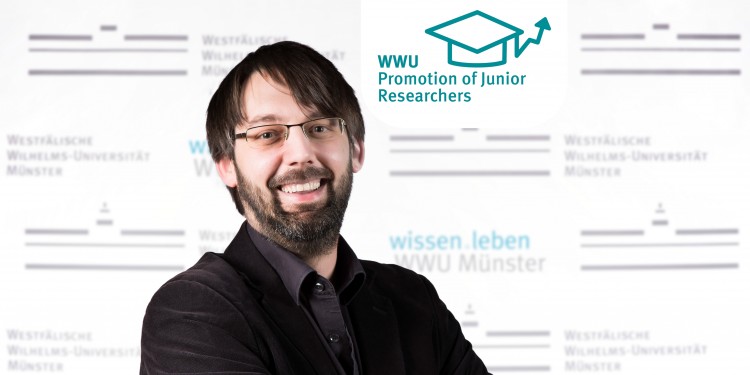

Events

Between research and teaching – how doctoral students see their role
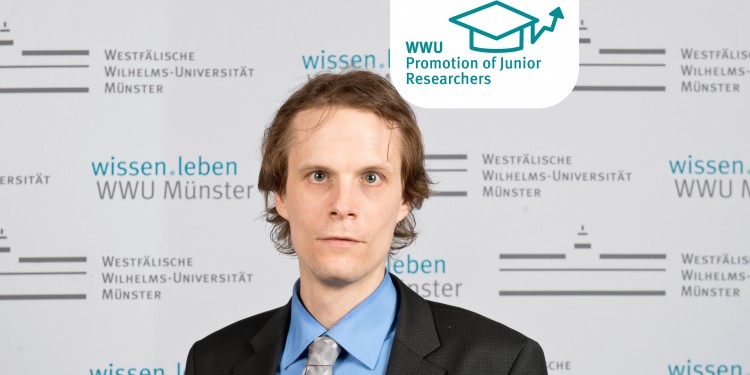
Academic career: the path to a professorship
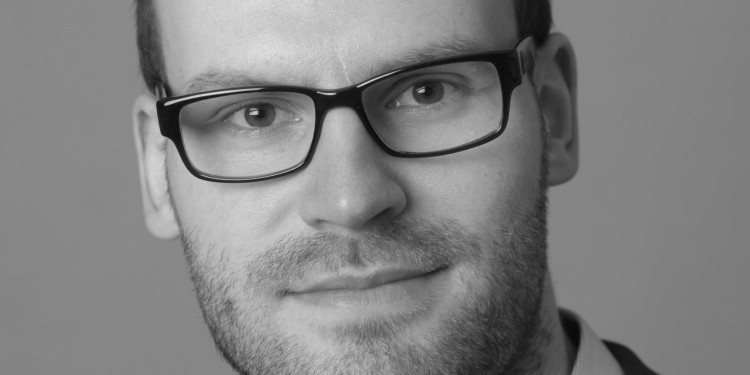
Alternative careers: moving into private industry with a PhD
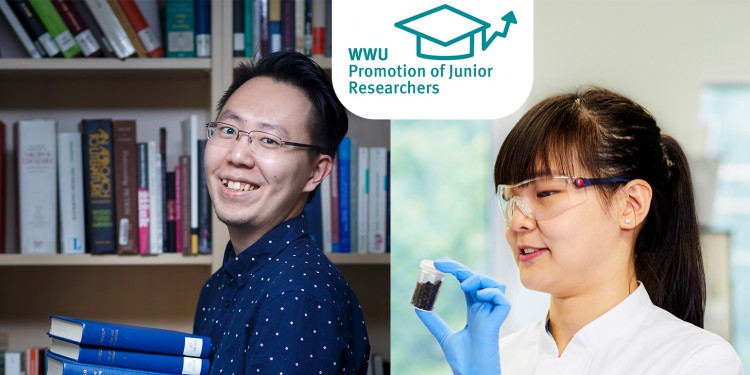
Two paths to a PhD
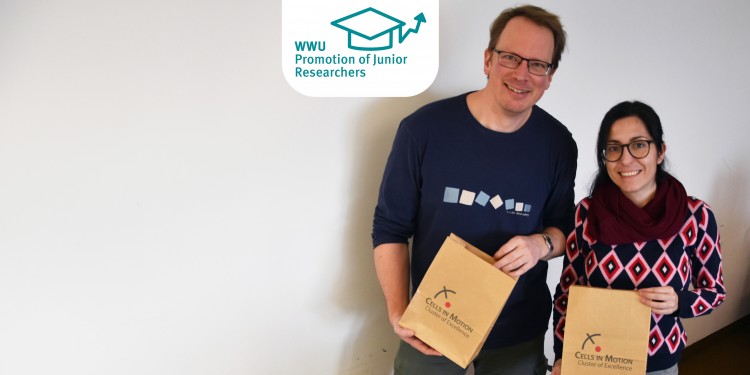
"Our PhD students and postdocs should get to know one another"
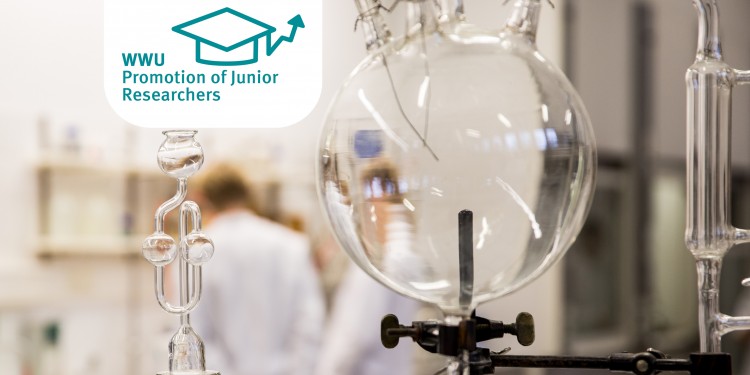
Karin Hassels and Peter Eggert look after tomorrow’s chemical laboratory assistants
Your search did not match any of our news releases.
Suggestions:
- Make sure that all words are spelled correctly.
- Try different keywords.
- Try more general filters.
- Expand the period of time.

